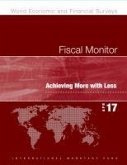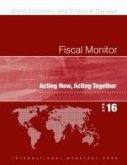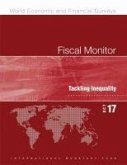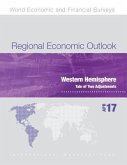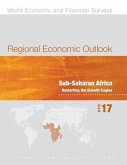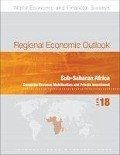This report overviews countries fiscal actions in response to COVID-19 and discusses how governments policies should adapt to get ahead of the pandemic and set the stage for a greener, fairer, and more durable recovery. Global vaccination should be scaled up as it can save lives and will eventually pay for itself with stronger employment and economic activity. Until the pandemic is brought under control globally, fiscal policies must remain flexible and supportive, while keeping debt at a manageable level over the long term. Governments also need to adopt comprehensive policies, embedded in medium-term frameworks, to tackle inequalities--especially in access to basic public services--that were exacerbated by the COVID-19 pandemic and may cause income gaps to persist. Investing in education, healthcare and early childhood development and strengthening social safety nets financed through improved tax capacity and higher progressivity, can strengthen lifetime opportunities, improve trust, and contribute to more social cohesion.
Hinweis: Dieser Artikel kann nur an eine deutsche Lieferadresse ausgeliefert werden.
Hinweis: Dieser Artikel kann nur an eine deutsche Lieferadresse ausgeliefert werden.


